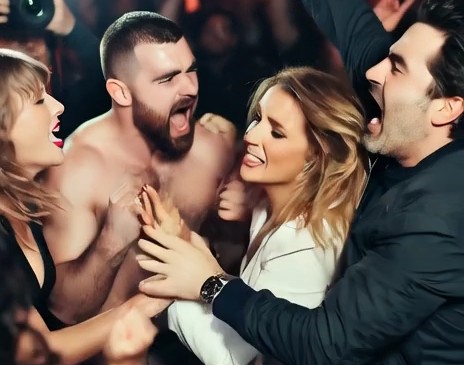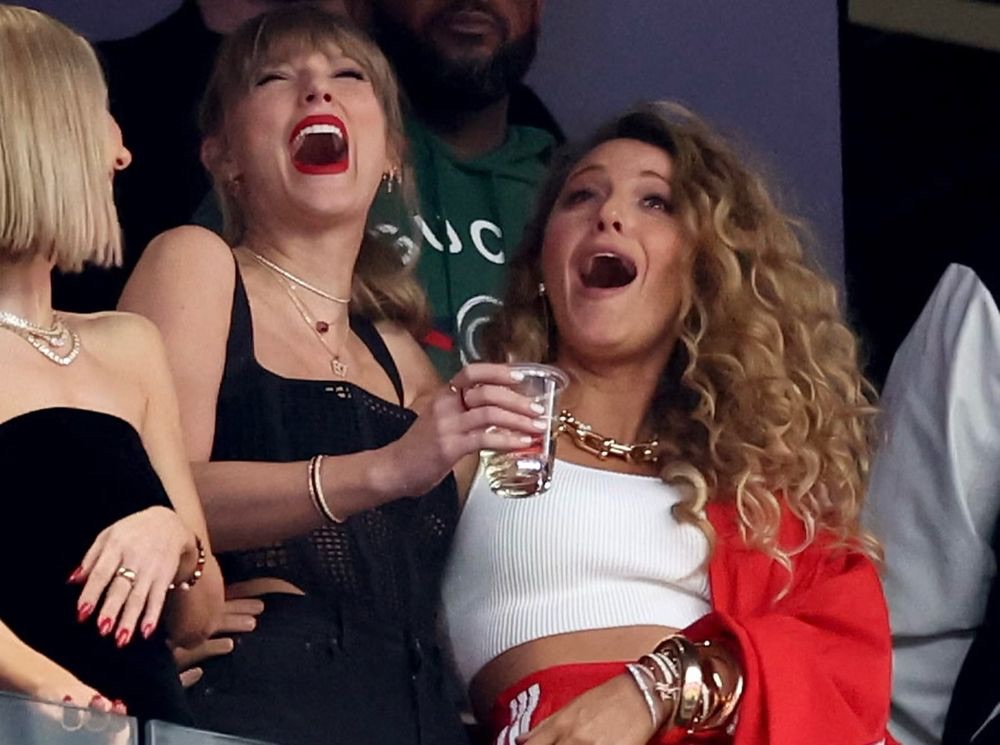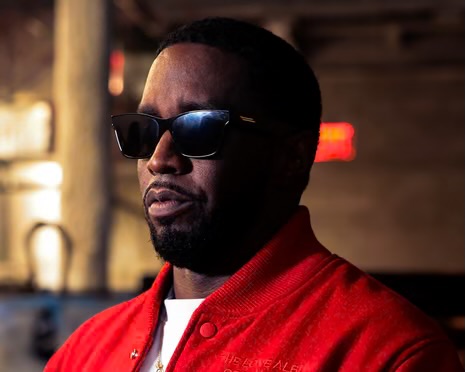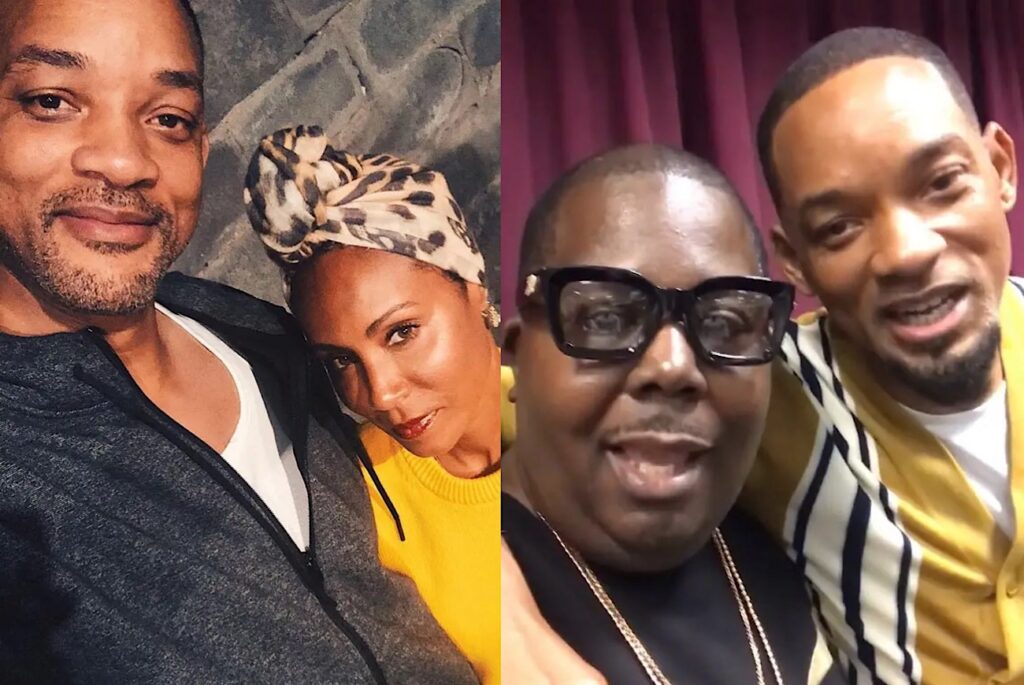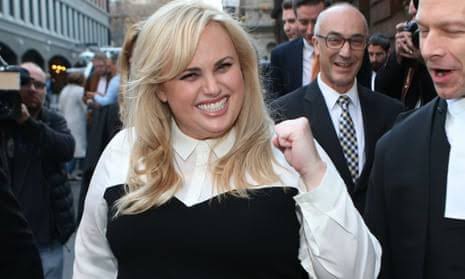The court will decide whether to dismiss these claims or to compel Lively to disclose her mental health records, including therapy notes, as part of Baldoni’s defense to her assertions of emotional damage. Lively’s legal team described Baldoni's request for a withdrawal "with prejudice"—which would prevent her from re-filing those specific claims—as unreasonable. They characterized Baldoni's legal push as a "press stunt," asserting that their client’s strategy is simply aimed at consolidating her case.
Meanwhile, Baldoni’s lawyers confirmed in documents that Lively is indeed withdrawing these claims, noting that they still seek compensation for various other allegations, including sexual harassment and emotional distress. The legal conflict escalated earlier this year when Baldoni counter-sued both Lively and her husband, actor Ryan Reynolds, over allegations of civil extortion, defamation, and invasion of privacy.
The situation drew additional scrutiny when pop singer Taylor Swift was summoned to court, with claims she urged Baldoni to consider script revisions proposed by Lively. Nevertheless, Swift’s legal representatives defended her involvement, ultimately leading to the issuance of the subpoena being rescinded due to objections that it constituted an excessive legal overreach.
This legal battle unfolds following the film's premiere last summer, where Lively portrayed Lily Bloom, a character with a troubled past involving domestic abuse—a theme that resonated throughout the film, adapted from Colleen Hoover's best-selling novel. As the case continues, both parties remain caught in a web of legal allegations that could reshape the public narratives surrounding their professional and personal reputations.
Meanwhile, Baldoni’s lawyers confirmed in documents that Lively is indeed withdrawing these claims, noting that they still seek compensation for various other allegations, including sexual harassment and emotional distress. The legal conflict escalated earlier this year when Baldoni counter-sued both Lively and her husband, actor Ryan Reynolds, over allegations of civil extortion, defamation, and invasion of privacy.
The situation drew additional scrutiny when pop singer Taylor Swift was summoned to court, with claims she urged Baldoni to consider script revisions proposed by Lively. Nevertheless, Swift’s legal representatives defended her involvement, ultimately leading to the issuance of the subpoena being rescinded due to objections that it constituted an excessive legal overreach.
This legal battle unfolds following the film's premiere last summer, where Lively portrayed Lily Bloom, a character with a troubled past involving domestic abuse—a theme that resonated throughout the film, adapted from Colleen Hoover's best-selling novel. As the case continues, both parties remain caught in a web of legal allegations that could reshape the public narratives surrounding their professional and personal reputations.



